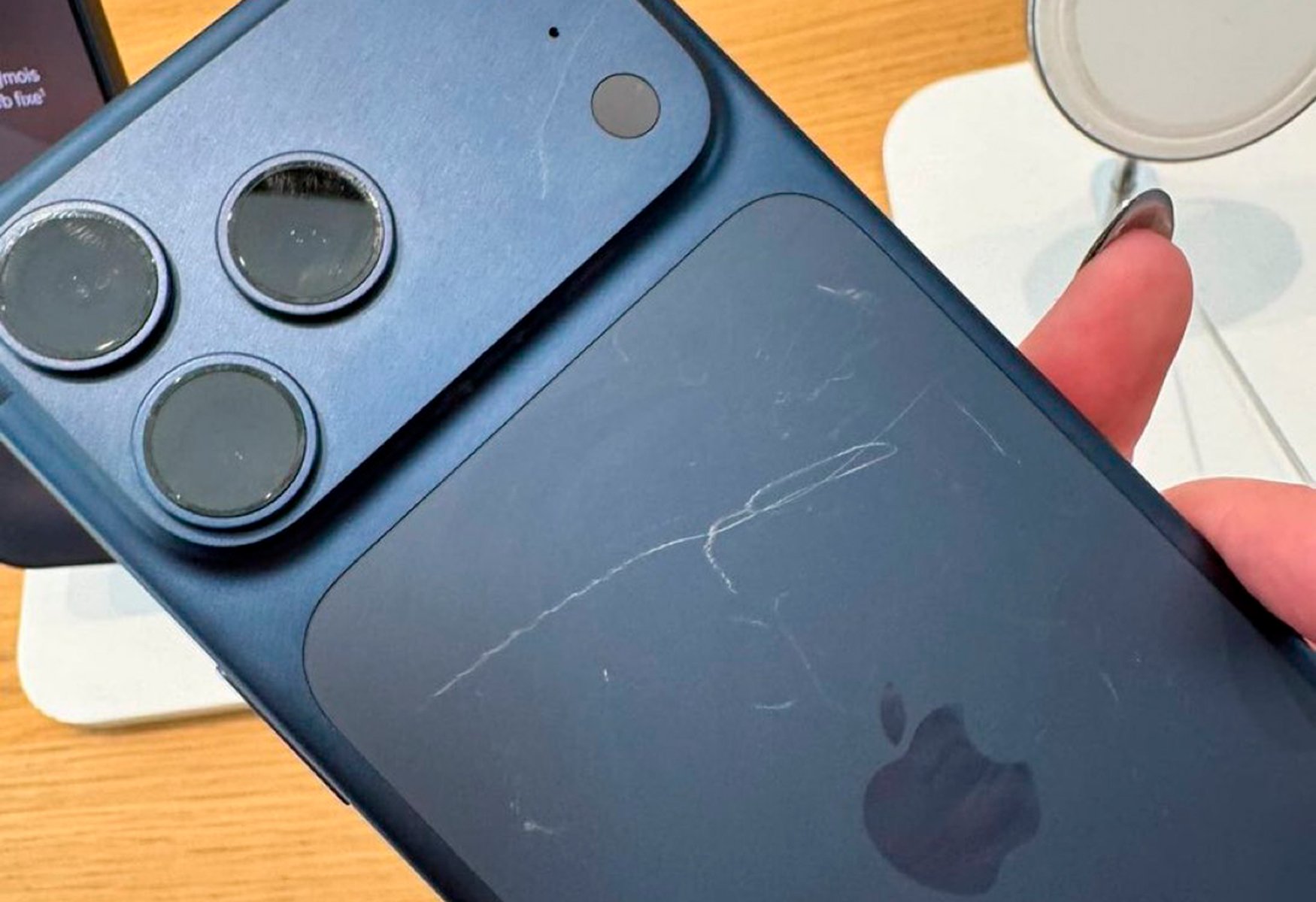You’ve probably ever wondered what happens to your game library when you die. If you have a collection in physical format, it can be gifted to family or friends, sold, or ultimately donated for preservation. With the advent of digital stores, the situation is changing because If you die, your Steam account may go with you to the grave..
According to a report from ArsTechnikaa user asked Valve if this is possible transfer ownership of a Steam account by will. The customer service representative responded that this was not possible because the rules stated that accounts or games were not transferable.
“Steam Support cannot grant another person access to your account or merge your content with another account. “I regret to inform you that your Steam account cannot be passed on by will,” the employee said. “Your account belongs to you and you alone. You can share it with family members, but you can’t give it away.”
The Steam Subscriber Agreement mentions that Accounts and all information associated with them are strictly personal.. Users are not permitted to sell it, charge for its use, or transfer it in any other way. These terms were designed to combat the sale or transfer of accounts on the black market, which results in automatic suspension.
Digital games aren’t all yours
Many people think that paying for a video game or digital movie makes them the owner of that content. Unlike physical games, which are governed by the principle that they can be sold or transferred to third parties, digital games are in a different category.
The end user license agreements for these digital downloads state that you are not buying a game, but a license for the game. The conditions may vary depending on the company and service, but they agree on one point: not transferable. Considering that Steam is a digital store, it is impossible to change this concept.
The good news is that the Steam Subscriber Agreement does not include any section related to the death of the owner. Valve will never know if the person playing the game bought the product., since it has no way to check if you are alive. Theoretically, it would be possible to inherit your Steam account to one of your family members, after warning them that they are violating the terms of use.
The situation is similar with PlayStation and Xbox: Until you notify the owner of the death, anyone can use the account.. Both companies’ service agreements state that content cannot be transferred or merged with another account. When Xbox This is a slightly more extreme option as the account will be closed due to inactivity after two years or after death is reported.
The European Union can change everything

Although licenses are not transferable, a 2012 European Court of Justice ruling may open the door for you to inherit your Steam account after death. In UsedSoft GmbH v. Oracle, the court held that The software author cannot oppose the resale of his “used” licenses for programs downloaded from the Internet.
When a copyright owner provides a copy (tangible or intangible) to its client and at the same time enters into, in exchange for a royalty, a license agreement that grants the client the right to use that copy for an unlimited period of time, that copyright holder sells the copy to the buyer and thereby exhausts its exclusive right of distribution. Such a transaction implies a transfer of ownership of the copy.
That’s whyeven if the license agreement prohibits a new transfer, the copyright holder can no longer object to the resale of that copy..
In the hypothetical case of account inheritance You should ensure that the owner will no longer have access to the game library.. The 2012 ruling states that individual agreements are not transferred to the person purchasing the digital copy.
The case is complex and requires careful analysis. Another important detail is that each game has a separate licensing agreement, just like a Game Pass or PSN Plus subscription.
Source: Hiper Textual
I am Bret Jackson, a professional journalist and author for Gadget Onus, where I specialize in writing about the gaming industry. With over 6 years of experience in my field, I have built up an extensive portfolio that ranges from reviews to interviews with top figures within the industry. My work has been featured on various news sites, providing readers with insightful analysis regarding the current state of gaming culture.















